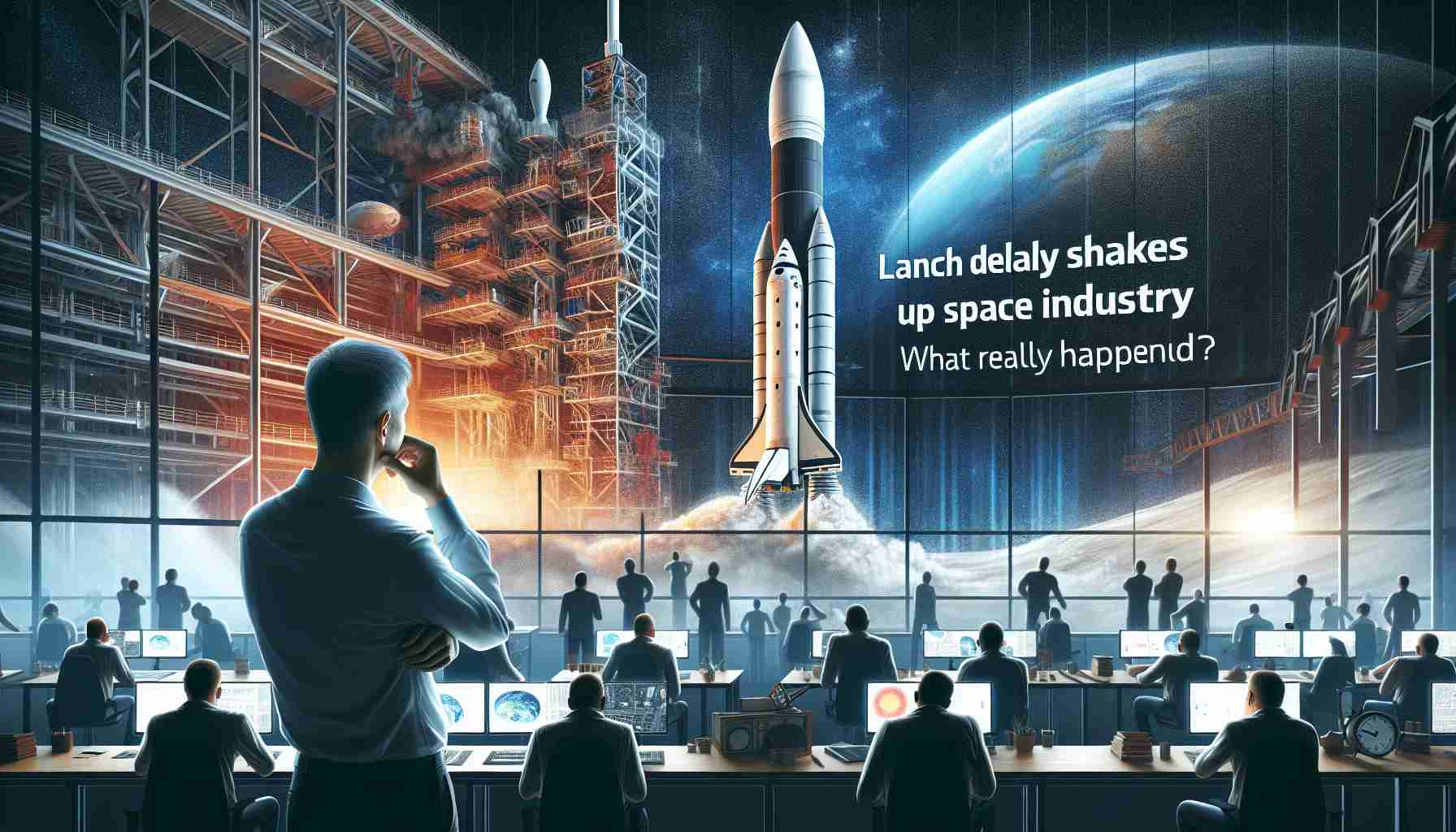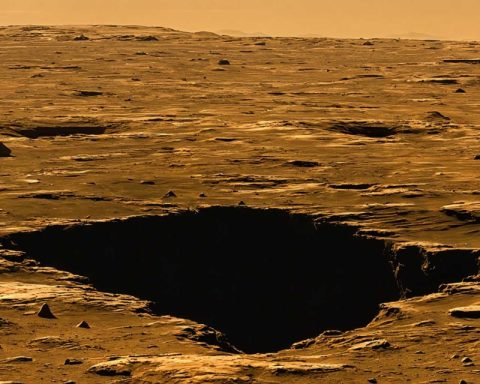The Falcon 9 Incident Explained
Just moments before a highly anticipated SpaceX Falcon 9 launch aimed at deploying 27 Starlink satellites, the countdown was unexpectedly halted. This interruption occurred a mere 11 seconds before liftoff when an aircraft entered the restricted airspace surrounding the launch site, triggering alarm bells within the operations team.
As the countdown clock ticked down, tensions rose. At the 12-second mark, officials called for a hold to address the potential airspace violation. While the details regarding the specific aircraft involved remain unclear, reports indicated multiple planes were nearby at the time of the countdown. Speculation swirled on social media regarding a Delta Airlines flight, which the airline later clarified had followed all necessary air traffic procedures without incident during its journey from Los Angeles to Honolulu.
Adding a lighter note to the situation, an air traffic controller humorously suggested that one flight might witness an extraordinary rocket launch. In the midst of rising tension, the launch was postponed, but SpaceX redeemed itself two days later by successfully launching the Falcon 9 rocket, achieving milestones in both technology and satellite deployment.
This incident has reignited discussions on the delicate balance between air travel regulations and the burgeoning field of commercial space exploration. As satellite launches become more frequent and integral to global communications, the industry must innovate to meet the challenges that accompany this rapid evolution.
Broader Implications of the Falcon 9 Incident
The abrupt halt of the Falcon 9 launch raises several critical questions about the intersection of air travel and commercial space operations. As space tourism and satellite deployment accelerate, the implications for global air traffic management systems become increasingly pronounced. Agencies responsible for aviation safety must adapt to the growing frequency of rocket launches that compete for the same airspace occupied by civilian flights.
Additionally, this incident underscores the importance of establishing robust protocols for communication between air traffic controllers and space launch teams. Enhanced coordination can mitigate the potential for future disruptions, thereby fostering a safer environment for both air and space travel.
The impact of these developments also extends to economic factors. As satellite technology continues to flourish, investments in satellite broadband, like that offered by Starlink, are projected to yield significant returns. The global demand for high-speed internet, especially in underserved regions, can bolster economies and enhance connectivity—a vital asset in an increasingly digital world.
From an environmental perspective, however, the rise in rocket launches raises concerns. Each launch contributes to atmospheric pollution and the potential for increased space debris. Thus, as the industry strives for growth, an emphasis on sustainable practices must become a priority to safeguard the planet’s future.
In conclusion, as commercial space exploration evolves, it holds profound implications for society and the environment. Stakeholders must align to create a framework that promotes innovation while preserving safety and sustainability.
Why The Falcon 9 Incident Isn’t Just a Simple Delay: A Deep Dive into SpaceX Operations
The Falcon 9 Incident Explained
On a momentous day intended for the SpaceX Falcon 9 rocket to deploy 27 Starlink satellites, an unexpected turn of events disrupted the countdown just 11 seconds before launch. This interruption was caused by an aircraft entering the restricted airspace around the launch site, leading to an immediate hold on the countdown.
As tensions grew within the launch control team, the decision to halt the countdown at the 12-second mark was based on safety protocols designed to protect both the aircraft and the rocket. Although the specific aircraft’s identity remains murky, social media buzzed with speculation, particularly around a Delta Airlines flight. The airline promptly clarified that its operations were entirely compliant with air traffic regulations.
Insights into the Incident
This setback reveals critical insights into the intersection of air travel and space exploration, particularly as the frequency of satellite launches continues to rise.
Trends in Launch Scheduling
– Increasing Traffic: As commercial space launches become commonplace, airspace congestion is likely to increase, necessitating stricter coordination between aviation and aerospace authorities.
– Innovative Solutions: The industry is prompted to explore innovative air traffic management solutions, potentially integrating drone technology and real-time monitoring systems to prevent future violations.
Pros and Cons of the Falcon 9 Operations
Pros
– Robust Safety Protocols: The immediate cessation of the countdown highlights effective safety measures that prioritize human and operational safety.
– Rapid Rescheduling: SpaceX’s ability to successfully launch the Falcon 9 just two days later demonstrates resilience and quick turnaround capabilities.
Cons
– Potential Scheduling Conflicts: Increased launches can lead to more interruptions, which might delay critical satellite deployments necessary for global communications.
– Impact on Air Travel: Frequent delays in launches due to airspace violations could lead to increased scrutiny and regulations on commercial flights.
What’s Next for SpaceX and the Industry?
As space exploration moves forward, upcoming trends indicate a growing focus on improved coordination between aviation and aerospace sectors. This includes:
– Advanced Tracking Systems: The development of technologies that can notify both air traffic controllers and launch operations of nearby aircraft in real-time.
– Expanded Restricted Areas: Reevaluation of airspace restrictions around launch sites to minimize potential conflicts.
Conclusion
The Falcon 9 launch incident underscores the delicate relationship between commercial aviation and space exploration. As both industries continue to evolve, collaboration and innovation will be crucial to ensure successful operations. Optimizing air traffic management alongside expanding space missions can pave the way for a future where both realms operate seamlessly together.
For more information on SpaceX and its initiatives, visit SpaceX.















